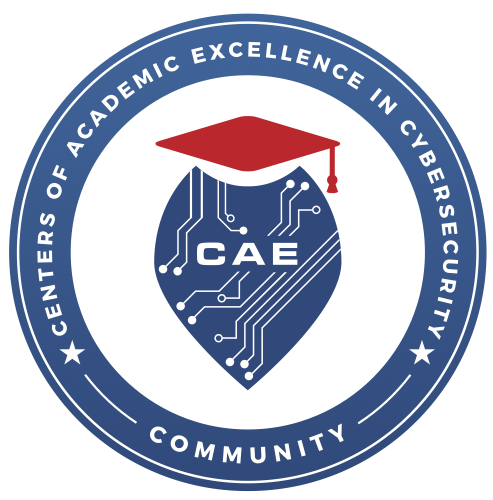Home | Advancing Technology Degrees | Advancing Computer Science
The craft of programming transcends individual programming languages and emphasizes design across multiple scales, from individual programs to complex multi-platform software architectures, including mobile platforms, multiple frameworks and multiple design patterns. University of Advancing Technology's (UAT) Advancing Computer Science (ACS) degree balances the science of computing and the art of design with the application of these principles to real-world problems.
Graduates of the ACS program will be prepared for software development positions where an understanding of algorithms and complex software design is important, in addition to being well-versed in mobile, frameworks and multiple programming languages and environments.
Check out some of this semester’s Advancing Computer Science courses and gear up for fresh challenges. Unlock new skills and power up your education.
C# is a general purpose, object-oriented programming language suited for all types of development. This course presents the entire language and introduces the Base Class Library (BCL) to the student. Students will learn the syntax, keywords and constructs, as well as how to leverage the resources of the BCL. This is a project-based class and students will develop applications with C# using real-world tools and practices.
Java is a general purpose, object-oriented programming language suited for all types of development. This course presents the entire language and the standard libraries to the student. Students will learn the syntax, keywords and constructs, as well as how to leverage the resources of the standard libraries. This is a project- based class and students will develop applications with Java using real-world tools and practices.
This course is an introduction to the Python programming language including IDE usage, syntax and implementation of basic data structures. This will go beyond the introduction of concepts and cover object oriented programming, debugging, and libraries.
This course is an introduction to the Linux operating system fundamentals, Linux shell, commands, administration, and kernel. This course will include system configuration, graphical interfaces, and discussions of various flavors of Linux. In addition, installation, administration, and security will be addressed.
This course will introduce the basics of Big Data. It will define Big Data and the types of systems that are often used with Big Data including their respective advantages and disadvantages. Finally, we will cover how Big Data is used in business to create data products. This course teaches Big Data tools such as Hadoop, streaming technologies and NOSQL Databases. It also introduces cloud technologies and data mining concepts.
This course focuses on the artificial intelligence field of machine learning. Students will build upon their previously acquired programming and AI fundamentals and develop additional skills essential for developing their own original machine learning algorithms. This is a projects-based class where students will apply unsupervised and supervised machine learning techniques, predictive data models, classification, online learning algorithms, neural networks, and predictive analytics to current machine learning trend case studies.
UAT’s Synchronic Learning model provides an education framework that prepares superior graduates to become tomorrow’s innovators. This model embodies UAT’s methodologies, curricula and community dedicated to fostering an environment of innovation that promotes demonstrated mastery and job readiness.
How does UAT prepare superior graduates? Students are required to participate in projects that solve real problems. UAT requires students to innovate and create a working proof of concept that’s never been done before. Students complete internships, community projects and apprenticeship experiences to cultivate their ability to succeed in the workplace.

Network Security curriculum certified by the US National Security Agency's Information Assurance Courseware Evaluation program
